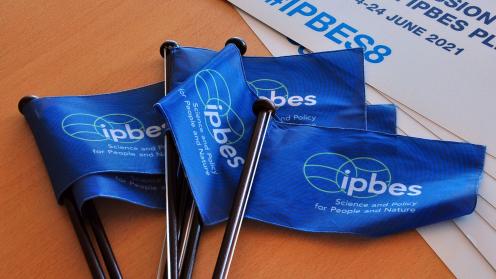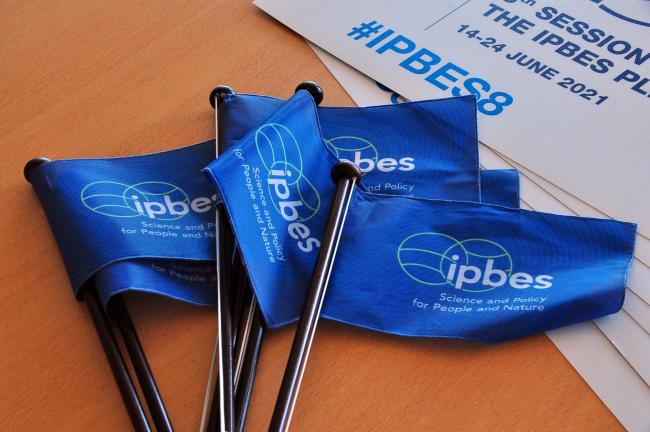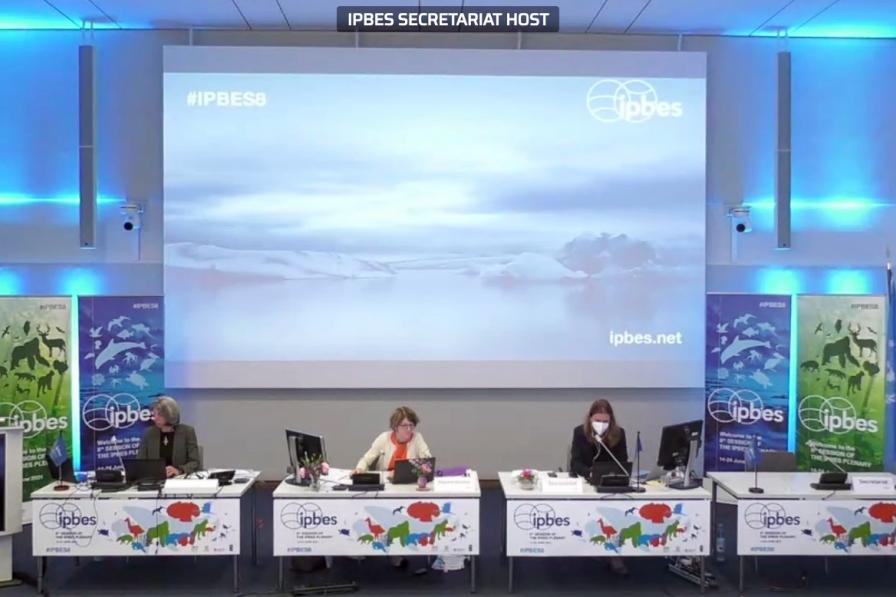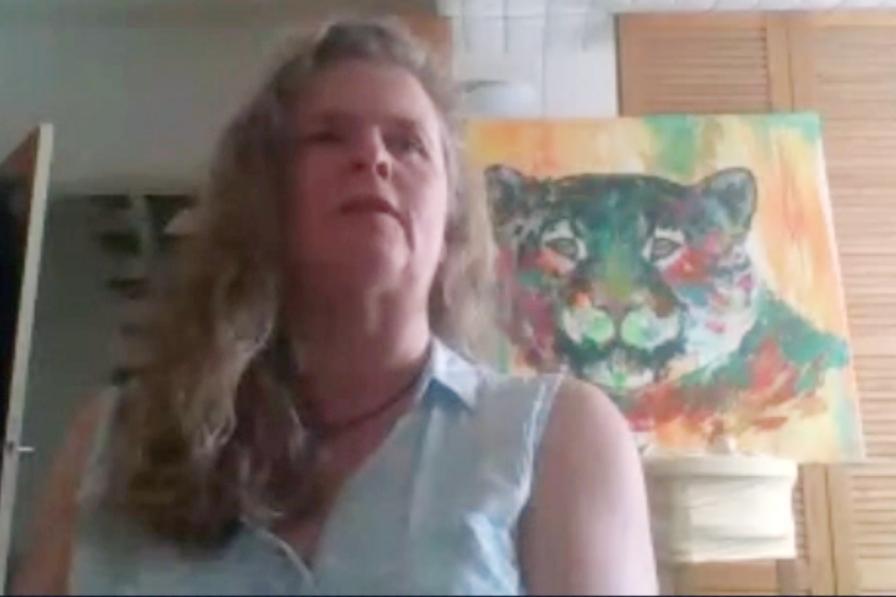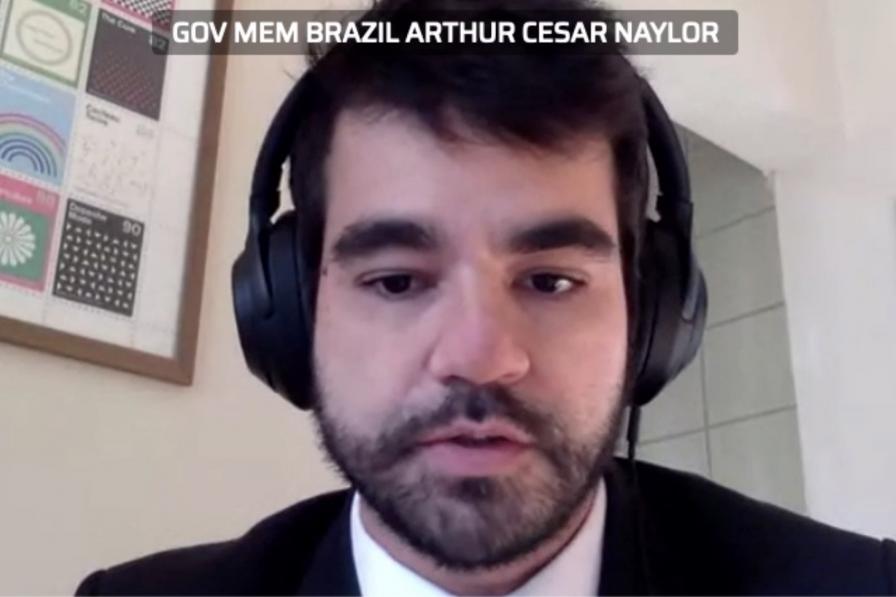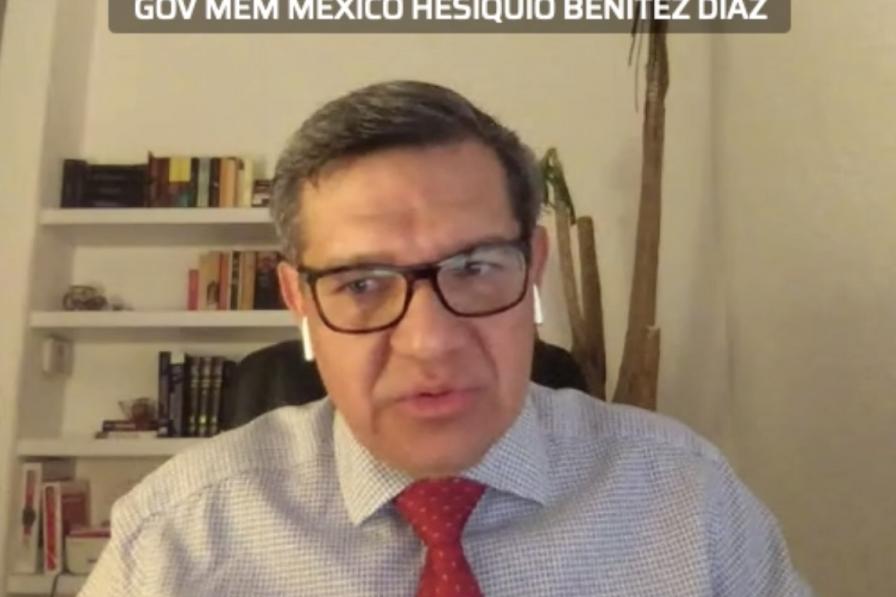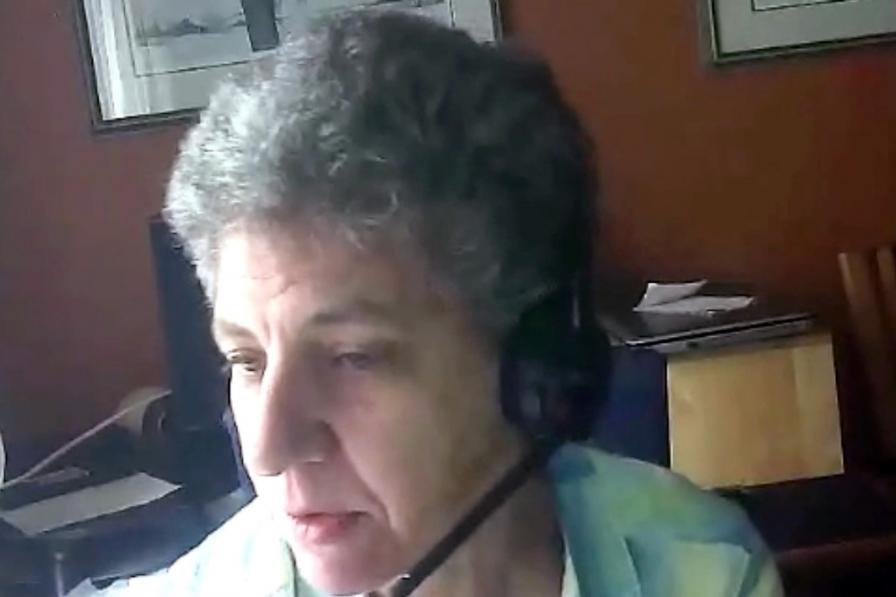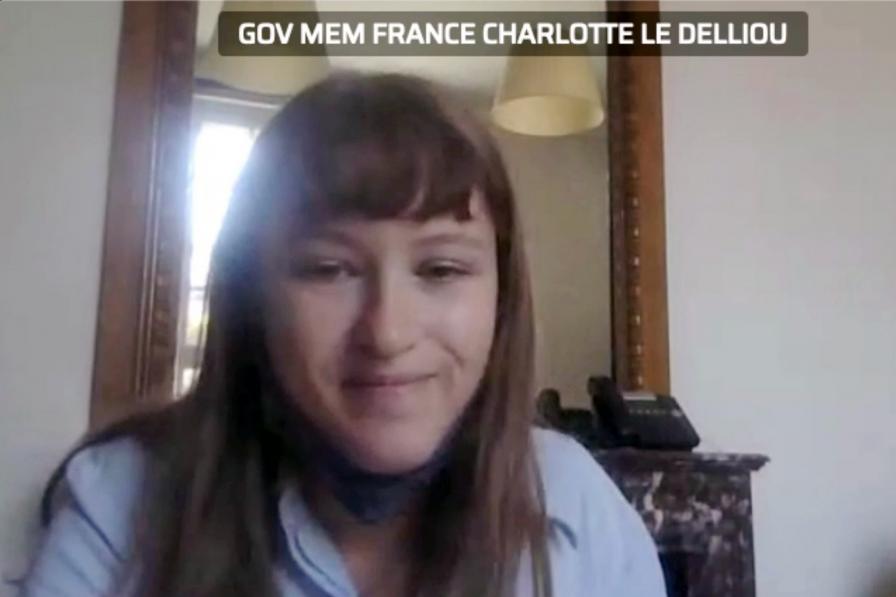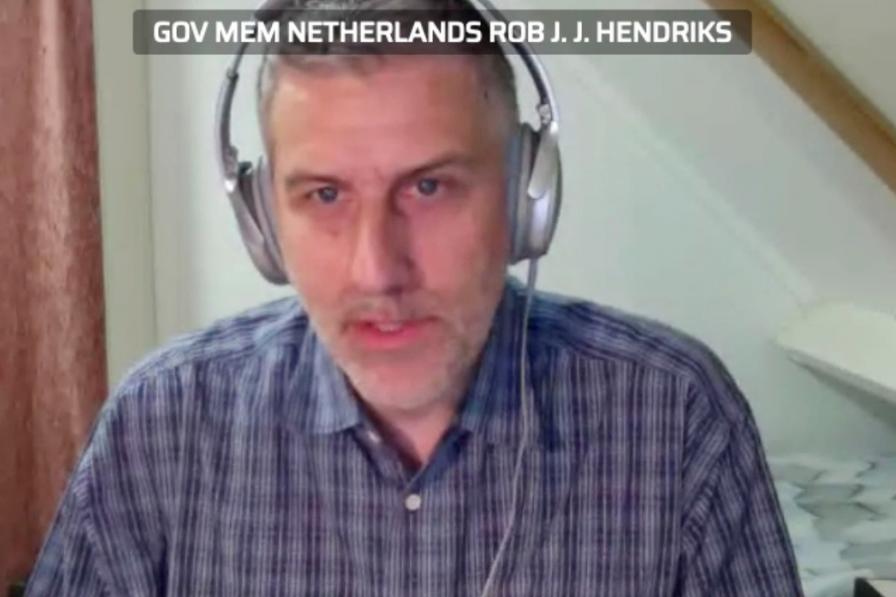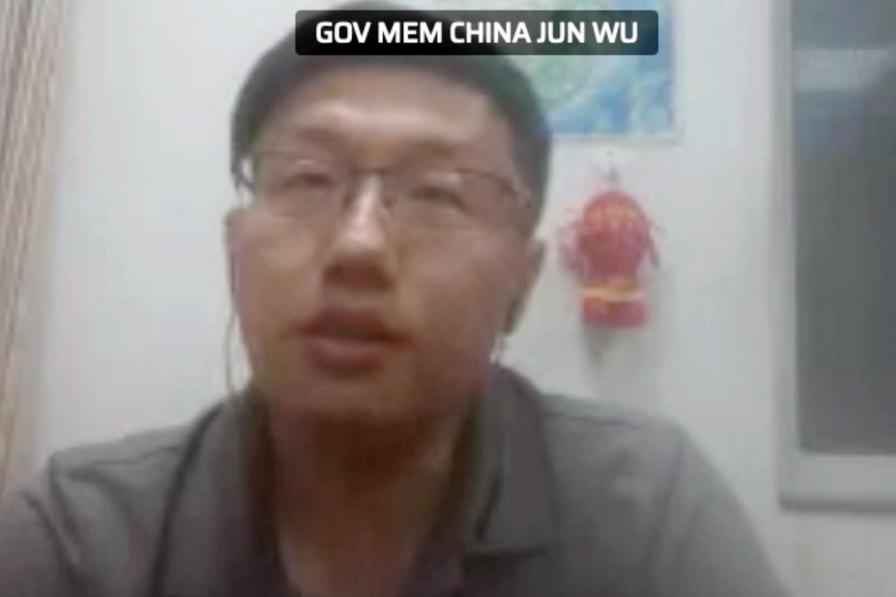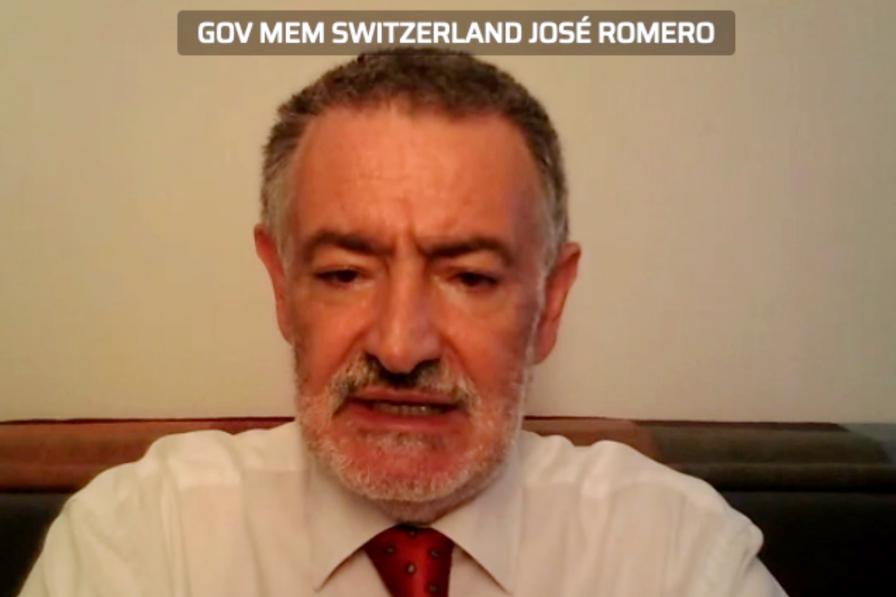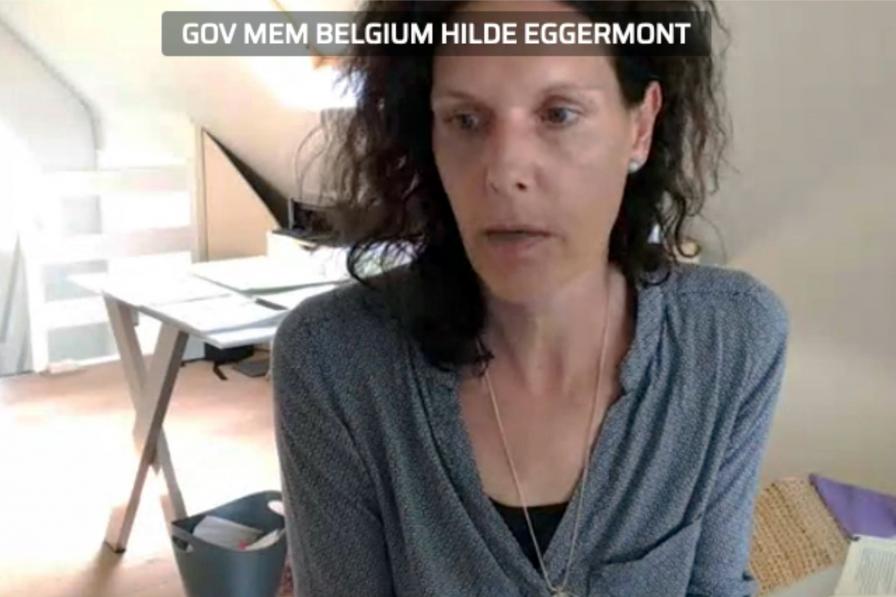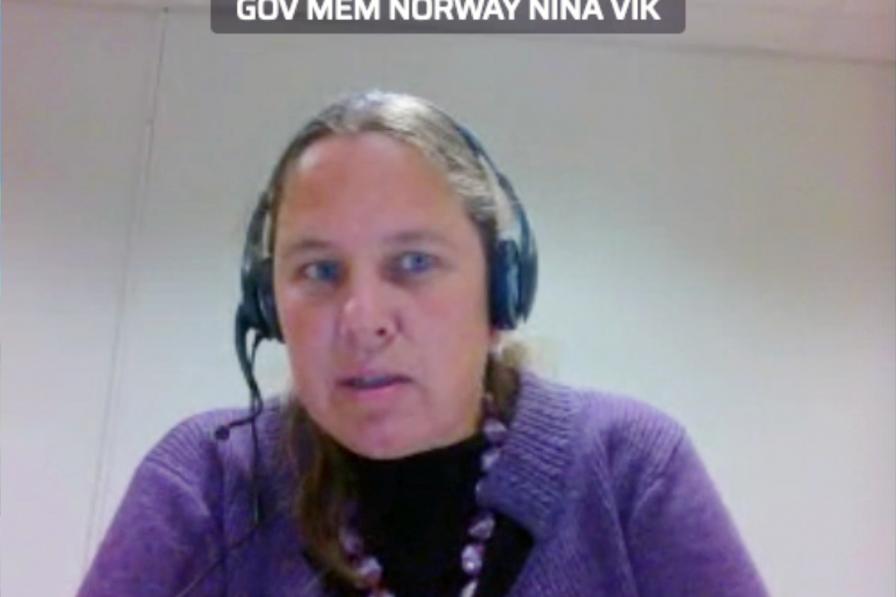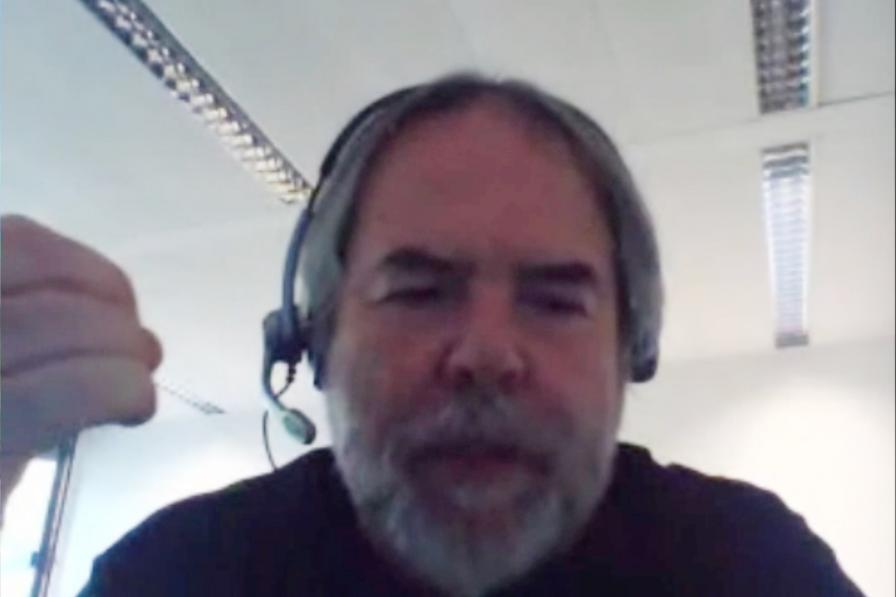The eighth session of the Intergovernmental Platform for Biodiversity and Ecosystem Services (IPBES-8) continued its work Tuesday in a virtual working group setting. Attendees addressed the scoping report on assessing the interlinkages among biodiversity, climate, water, food, energy, and health (nexus assessment).
Highlights of the day included:
- A lengthy discussion on a potential chapter on climate and energy, revealing differing approaches among Members, particularly on the importance of studying energy in the assessment;
- Discussions on the importance of promoting participatory processes and including different knowledge and value systems in the assessment, such as Indigenous Peoples’ knowledge; and
- An extensive—though not unprecedented in biodiversity fora—discussion on the use of the term “nature-based solutions.”
Doug Beard (US), Co-Chair of the working group addressing the scoping report on the nexus assessment, presented the draft report. Recalling the drafting process, he highlighted earlier work, including in a Friends of the Chair group, which looked specifically at the inclusion of the issue of energy in the assessment.
General comments on the scoping report
In their general comments, many Members congratulated the experts and the Secretariat on the work done. Some Members called for a shorter, clearer, and less prescriptive scoping report. Delegates stressed:
- the importance of incorporating questions on transformative change into the report;
- the need to strengthen collaboration and synergies with other processes and assessments, highlighting the development of the post-2020 global biodiversity framework under the Convention on Biological Diversity (CBD);
- the importance of including quantitative elements in the assessment;
- the need for better balance between terrestrial and marine ecosystems, with concrete methodologies for the latter;
- approaches to link human and environmental health;
- different stages of development among countries, including capacity gaps; and
- the need to develop relevant modelling and projections.
Energy and climate change
Delegates initiated their work on the scoping report’s text, discussing the content of a potential chapter on climate change and energy, in an effort to bridge different perspectives by Members.
A few Members expressed concern over references to climate change within the chapter, with some suggesting it be referenced in general terms or, in fact, be deleted altogether and addressed as a cross-cutting issue with other aspects of the nexus. One delegate pointed out that regardless of whether climate change is referenced in the paragraph or not, it is a significant driver of biodiversity loss—with one of its key determinants being energy production—and will likely feature in the report. Some pointed to ongoing climate negotiations, stressing they need to be taken into account.
Regarding energy, some Members reiterated it should not be a standalone aspect of the assessment. Others highlighted that energy is a fundamental aspect of the nexus, calling for broad references, because both energy infrastructure and energy generation can have biodiversity and climate impacts.
Following lengthy discussion, one Member suggested compromise language simplifying the text and making references to climate change mitigation and adaptation, and relevant aspects of energy production. An IPBES expert confirmed it provides a reasonable framework for future work.
Following further lengthy debates, some progress was made with most Members agreeing in principle on the inclusion of different knowledges, including Indigenous and local knowledge and value systems. Many delegates further agreed on the inclusion of freshwater and marine ecosystems.
Still, divergent opinions remain, and Co-Chair Beard agreed to move to review the remaining text in the scoping report starting with the section on scope. The text on a potential chapter on energy and climate change remains in brackets.
To receive continuing coverage of this event delivered to your inbox, subscribe to the ENB Update newsletter.
